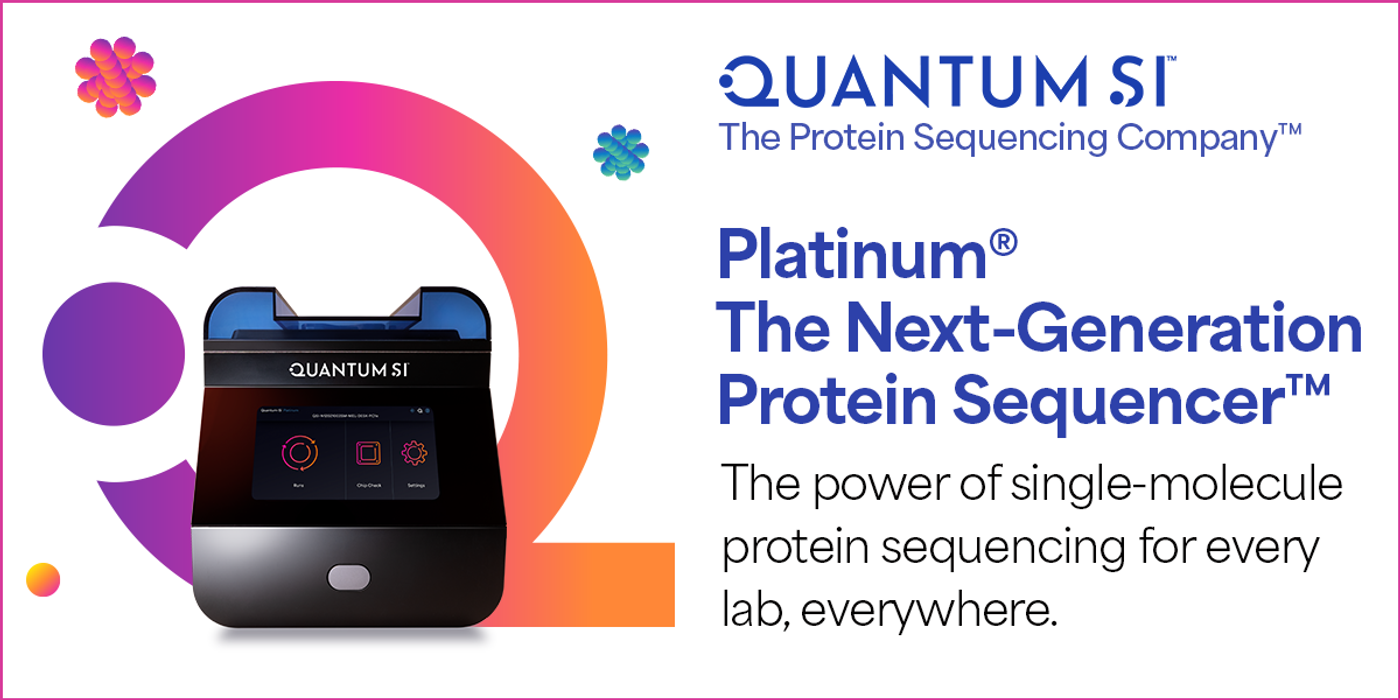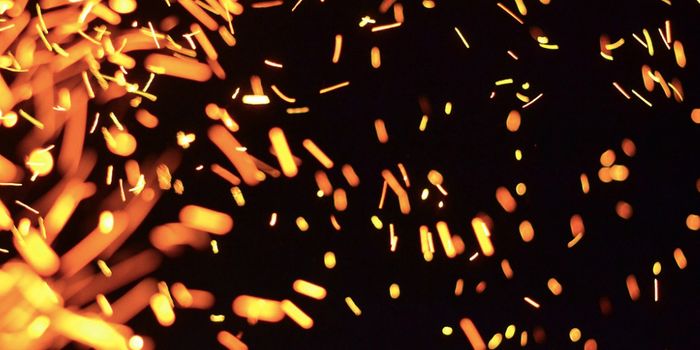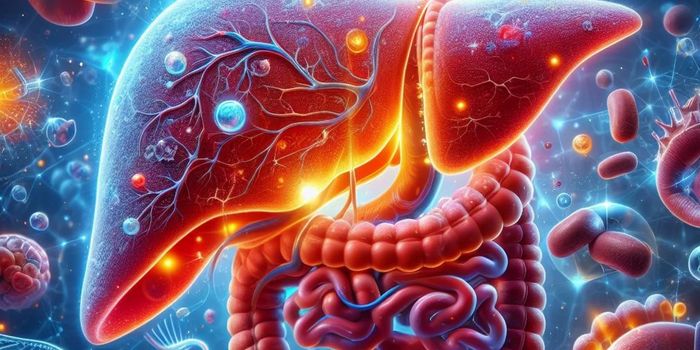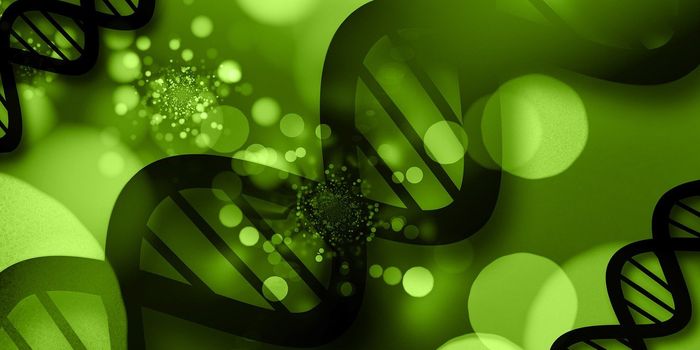Capturing Proteus with Next-Generation Protein Sequencing™
In ancient Greek lore, Proteus, son of Poseidon, held the allure of wisdom and foresight, yet could only be approached by those with the means to capture him. Much like this mythical figure, proteins, named after Proteus by Dutch chemist Gerardus Johannes Mulder in 1883, hold vast potential for understanding life's intricacies. Protein sequencing, the final step in life's central dogma, offers insights crucial for unraveling human health and disease mechanisms. However, traditional techniques like mass spectrometry (MS) present barriers in accessibility and resolution.
The advent of Next-Generation Protein Sequencing™ (NGPS) promises to overcome these limitations. NGPS allows researchers to annotate amino acid sequences akin to next-generation DNA sequencing, offering simplicity and affordability compared to MS. Unlike MS, which struggles with resolution in differentiating proteins affected by post-translational modifications, NGPS provides a significant advantage in high-resolution protein identification.
NGPS's accessibility extends to academic laboratories and core facilities, revolutionizing protein analysis. In core facilities, NGPS complements existing services by offering high-resolution protein sequencing, enhancing molecular analyses, and supplementing MS data with finer resolution information. For academic labs, NGPS eliminates reliance on core facilities or low-resolution methods, empowering researchers with flexibility and deeper insights into protein dynamics.
As sailors sought Proteus for guidance, scientists now seek proteins for answers in molecular and clinical sciences. NGPS offers a pathway to capture this molecular Proteus, unlocking a wealth of proteomic information that could transform our understanding of biology. To continue reading the blog, check out Quantum-Si’s website.
References:
- PROTEUS - Greek Sea-God, Herdsman of Seals, Old Man of the Sea
- Origin of the Word ‘Protein’ | Nature
- The Energy Costs of Protein Metabolism: Lean and Mean on Uncle Sam's Team - The Role of Protein and Amino Acids in Sustaining and Enhancing Performance - NCBI Bookshelf
- Comparison of Protein Sequencing Analysis of CDNF, IL6, and FGF2 on Platinum® and Mass Spectrometry
- Real-time dynamic single-molecule protein sequencing on an integrated semiconductor device | Science
- The emerging landscape of single-molecule protein sequencing technologies | Nature Methods
- Challenges for proteomics core facilities
- Challenges and Opportunities for Biological Mass Spectrometry Core Facilities in the Developing World - PMC









